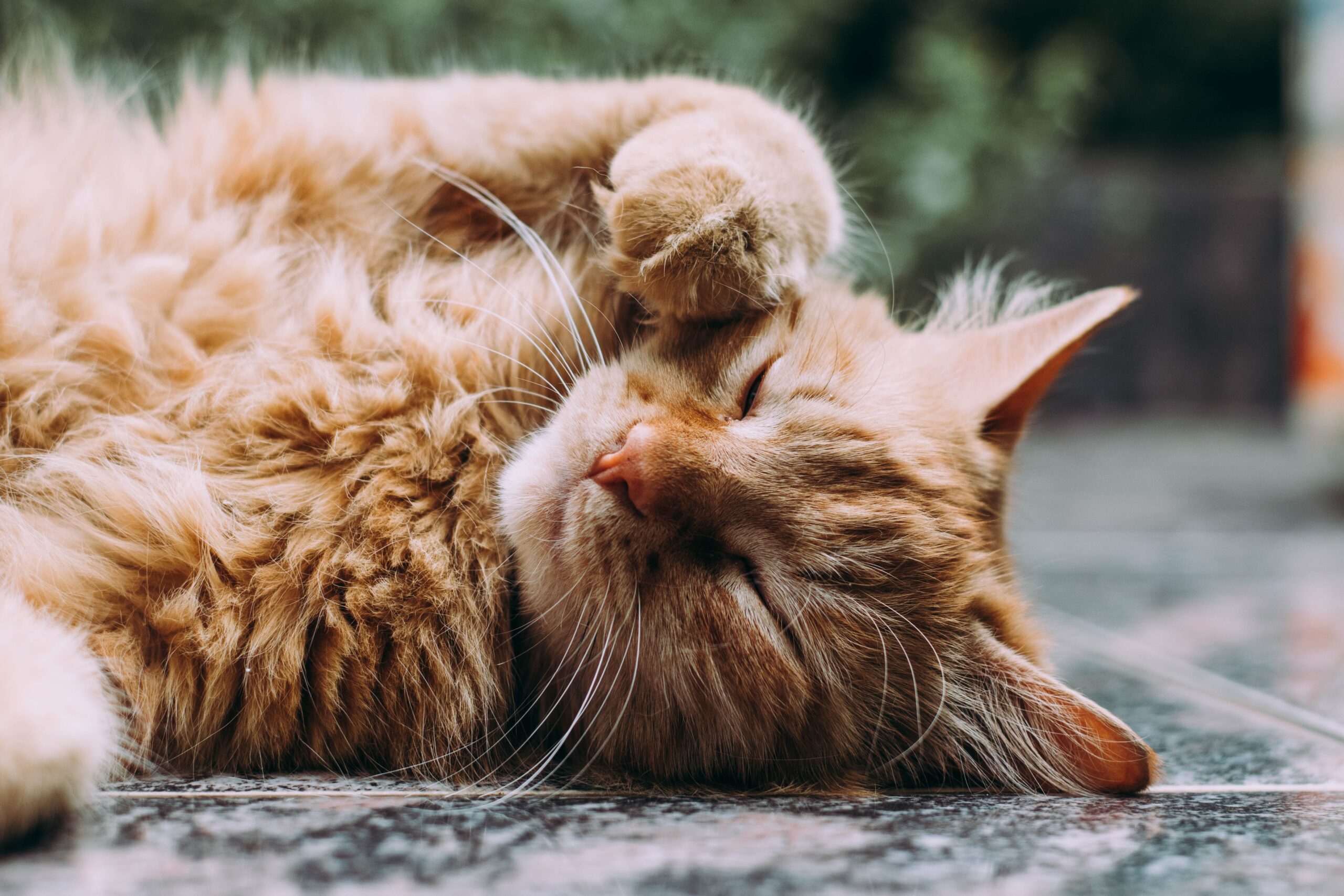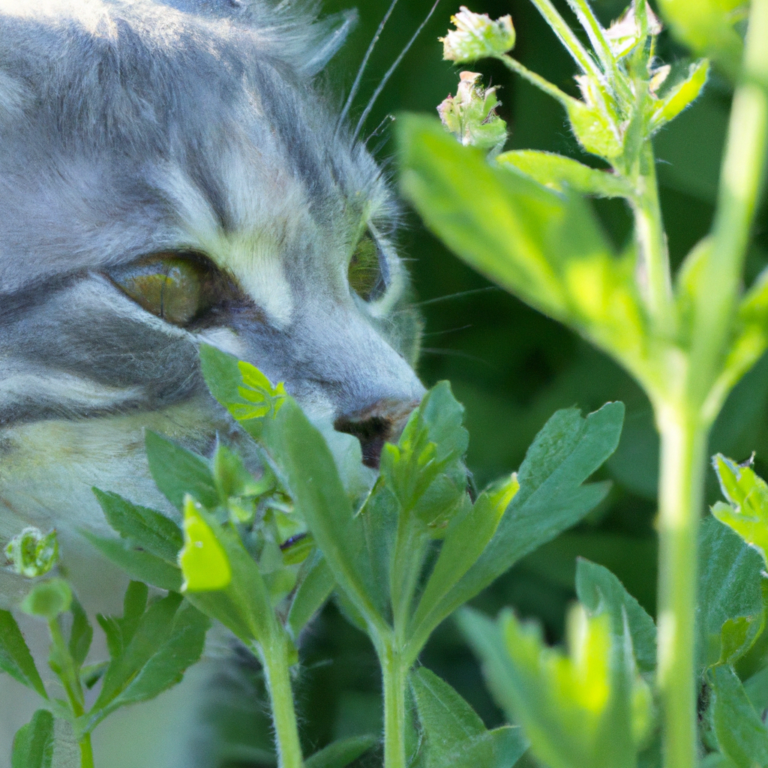Can Cats Spray After Being Fixed
If you’ve recently had your cat fixed, you may be wondering if they can still spray. Dealing with a cat that marks its territory inside the house can be frustrating and even costly. Nobody wants their home to smell like a litter box or have to constantly clean up after their furry friend. In this article, we will explore whether or not cats can spray after being fixed and what you can do to prevent it. So, let’s get started and find out how to keep your home smelling fresh and your cat happy!
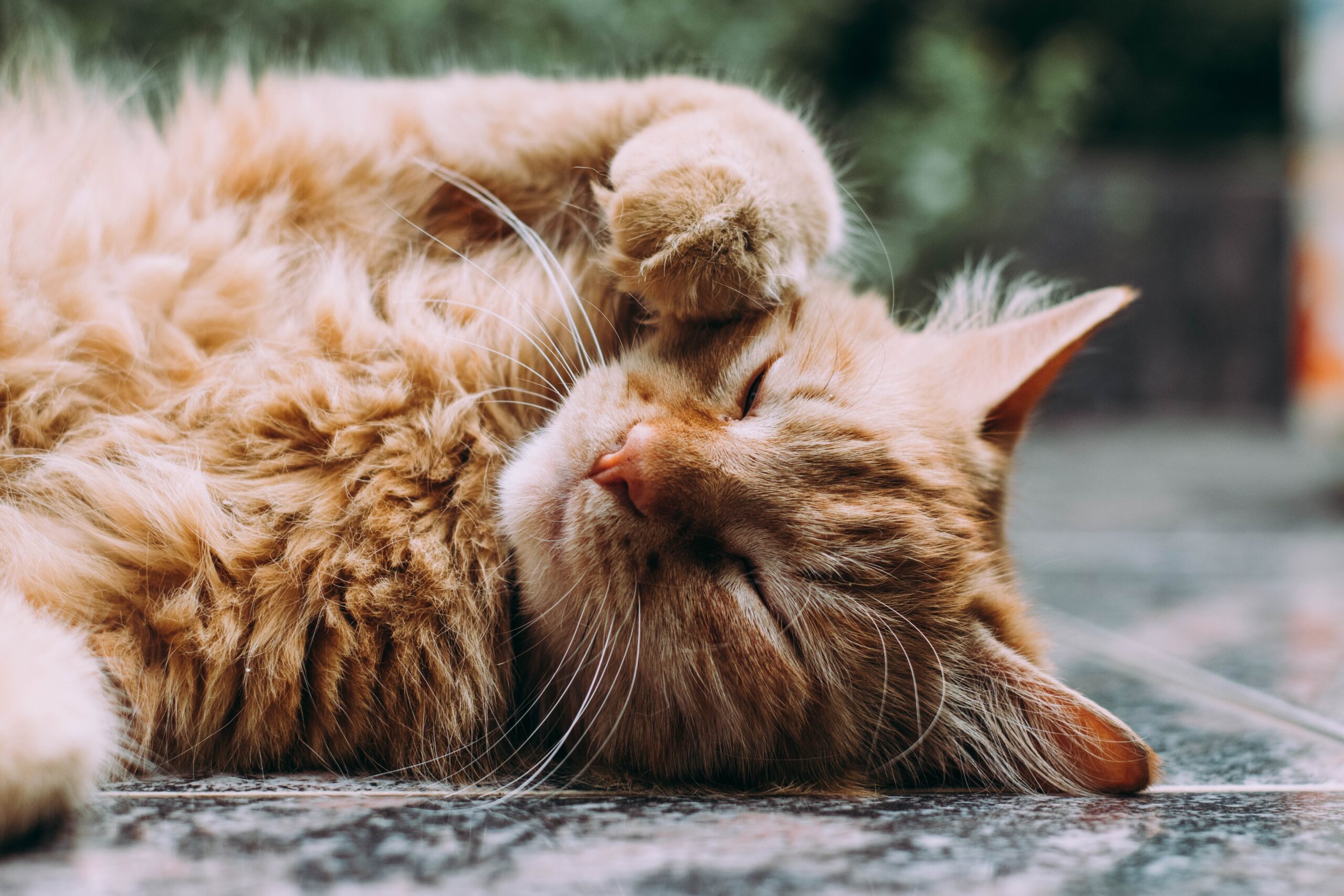
Reasons Why Cats Spray
Marking Territory
One of the main reasons why cats spray is to mark their territory. By spraying urine, cats are essentially leaving a message to other cats, saying “This is my territory, stay away.” This behavior is more commonly observed in unneutered or unspayed cats, but it can also occur in fixed cats under certain circumstances.
Stress or Anxiety
Stress or anxiety can also trigger spraying behavior in cats. Cats are sensitive creatures and can easily become stressed or anxious due to changes in their environment or routine. Major life events like moving to a new home, the arrival of a new pet or family member, or even rearranging furniture can be stress-inducing for a cat and may lead to spraying.
Medical Issues
In some cases, medical issues can cause a cat to spray. Urinary tract infections, bladder stones, or other urinary problems can result in discomfort and urge a cat to spray. If your cat suddenly starts spraying or exhibits any changes in their urinary habits, it’s important to have them examined by a veterinarian to rule out any underlying medical conditions.
What Does It Mean to Be Fixed?
The Process of Spaying/Neutering
Being fixed refers to the process of spaying or neutering a cat. Spaying is the surgical removal of a female cat’s reproductive organs, while neutering involves the removal of a male cat’s testicles. These procedures are typically performed by a veterinarian under general anesthesia. The purpose of spaying/neutering is to prevent unwanted pregnancies and reduce behavioral issues associated with sexual maturity.
Effects of Spaying/Neutering
Spaying or neutering a cat has several benefits. For female cats, spaying eliminates the risk of developing uterine infections and significantly reduces the chances of developing certain types of cancer. Neutering male cats helps prevent testicular cancer and reduces the likelihood of prostate problems. Moreover, fixing a cat can result in a decrease in aggressive and territorial behaviors, including spraying.
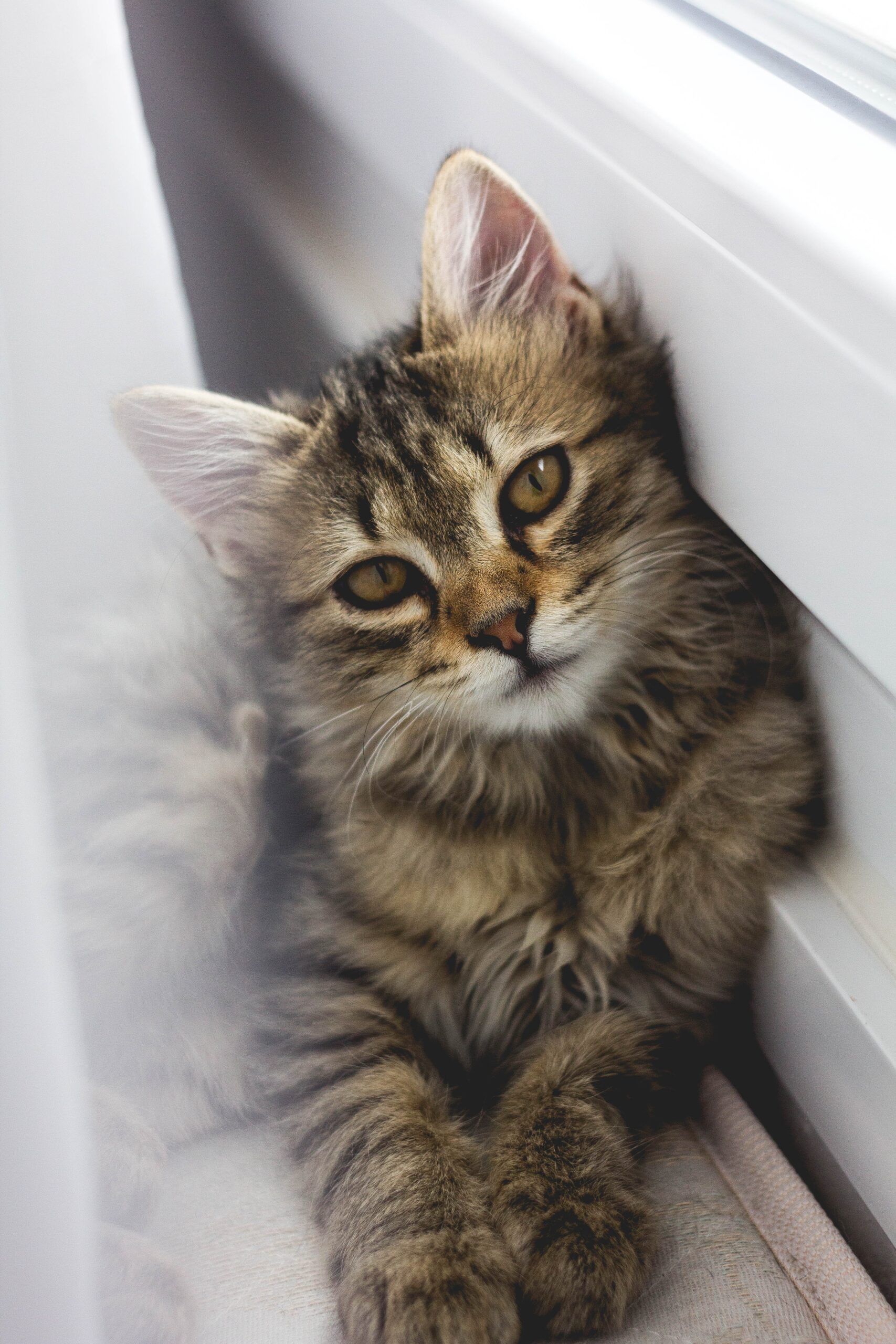
Can Cats Spray After Being Fixed?
Physical Changes
After being fixed, there are certain physical changes that may affect a cat’s ability to spray. In male cats, neutering removes the testicles, which are responsible for producing the majority of the hormones that drive spraying behavior. Without these hormones, the urge to spray is greatly diminished. However, it’s important to note that neutering does not immediately eliminate spraying behavior in all cats.
Behavioral Changes
While fixing a cat can mitigate spraying behavior, it does not guarantee that the spraying will stop completely. Sometimes, cats may continue to spray due to learned behavioral patterns or a strong motivation to mark territory. However, the frequency and intensity of spraying are typically reduced after a cat is fixed. It’s important to provide proper behavioral training and environmental enrichment to encourage positive behavior and discourage spraying.
Rare Cases
In rare cases, some cats may continue to spray after being fixed due to underlying medical issues, such as hormonal imbalances or unresolved stress and anxiety. If your fixed cat continues to spray despite efforts to manage the behavior, it is advisable to consult with a veterinarian to rule out any underlying medical conditions and explore additional behavioral interventions.
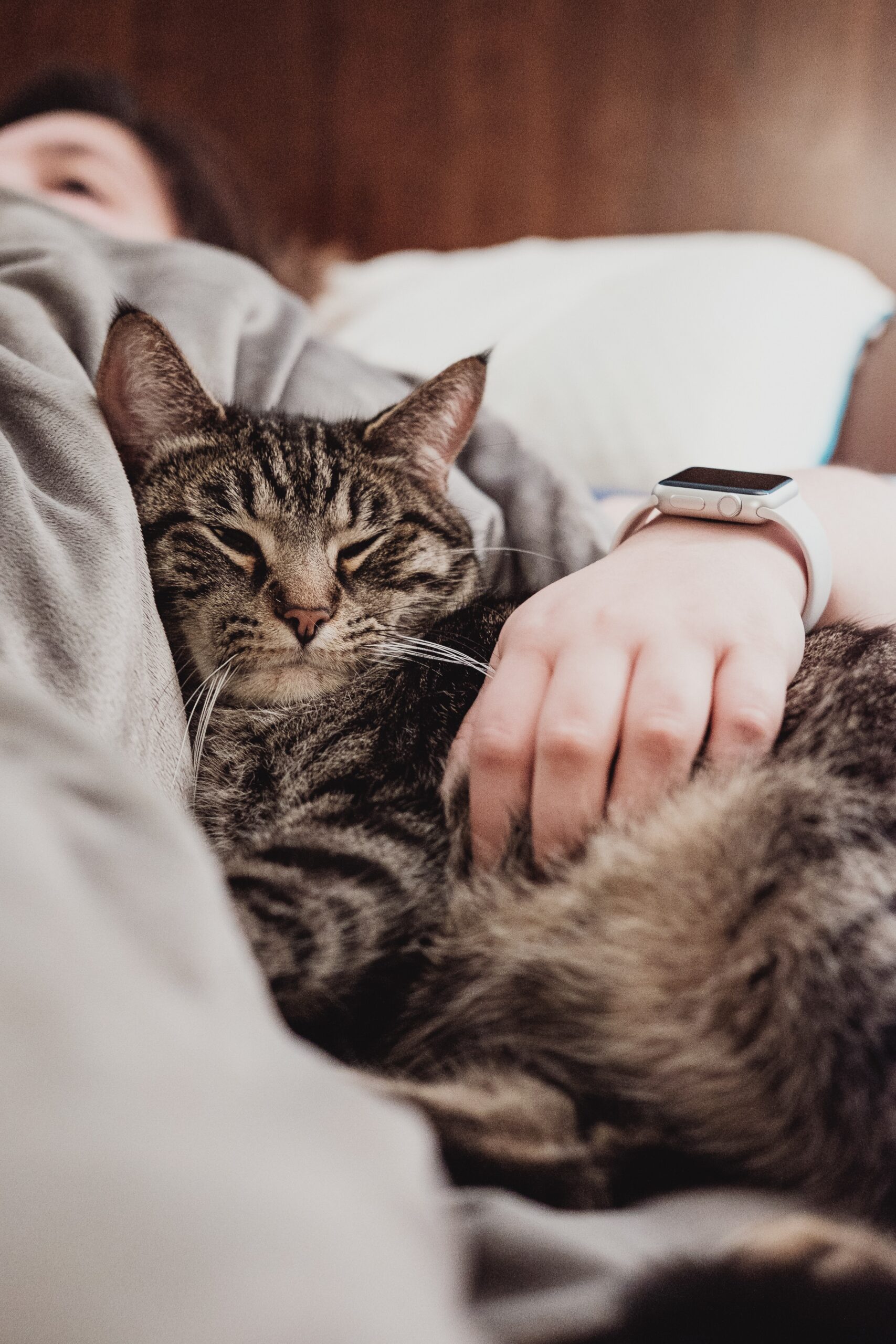
How to Prevent Spraying in Fixed Cats
Provide Environmental Enrichment
To prevent spraying in fixed cats, it is crucial to provide them with a stimulating and enriched environment. This includes regular playtime, interactive toys, scratching posts, and perches. By engaging in activities that fulfill their natural instincts, cats are less likely to feel the need to mark their territory through spraying.
Reduce Stress and Anxiety
Reducing stress and anxiety is key to minimizing spraying behavior in fixed cats. Keep the cat’s routine consistent and avoid major changes whenever possible. Provide hiding spots and comfortable resting areas to create a safe space for your cat. Consider using pheromone sprays or diffusers designed to calm cats and reduce stress. If necessary, consult with a professional animal behaviorist for additional guidance.
Consult with a Veterinarian
If your fixed cat continues to spray despite your best efforts, it is essential to consult with a veterinarian. They can help identify any underlying medical issues and suggest behavioral interventions tailored to your cat’s specific needs. In some cases, medication or hormone therapy may be recommended to manage excessive spraying behavior.
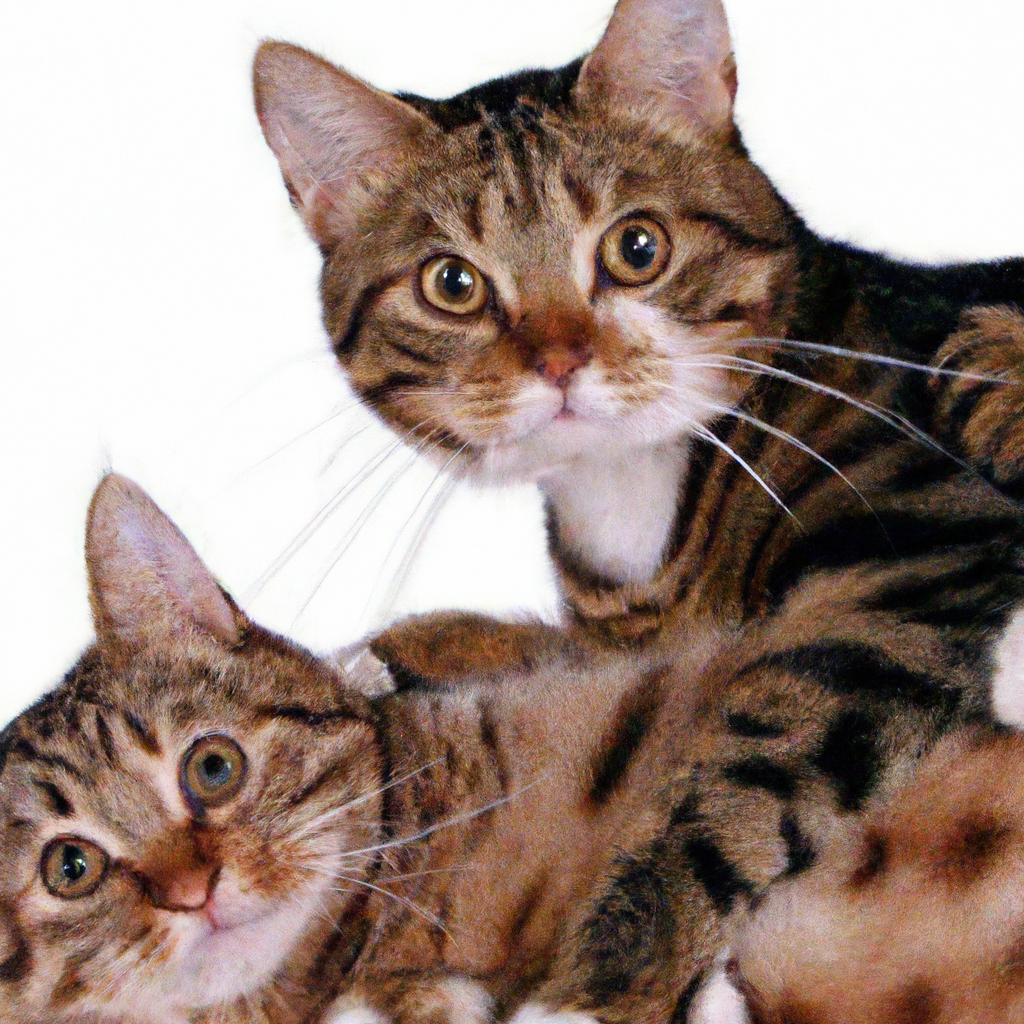
When to Seek Professional Help
Persistent Spraying Behavior
If your fixed cat persistently sprays despite your attempts to address the issue, it may be time to seek professional help. A professional animal behaviorist or a certified cat behavior consultant can assess the situation, identify any contributing factors, and develop a customized behavior modification plan to help your cat overcome spraying behavior.
Signs of Medical Issues
If your fixed cat starts spraying suddenly or exhibits any changes in their urinary habits, it is important to consult with a veterinarian. Signs of potential medical issues include frequent urination, straining to urinate, blood in the urine, or any signs of discomfort or distress during urination. Addressing any underlying medical conditions is crucial in managing spraying behavior.
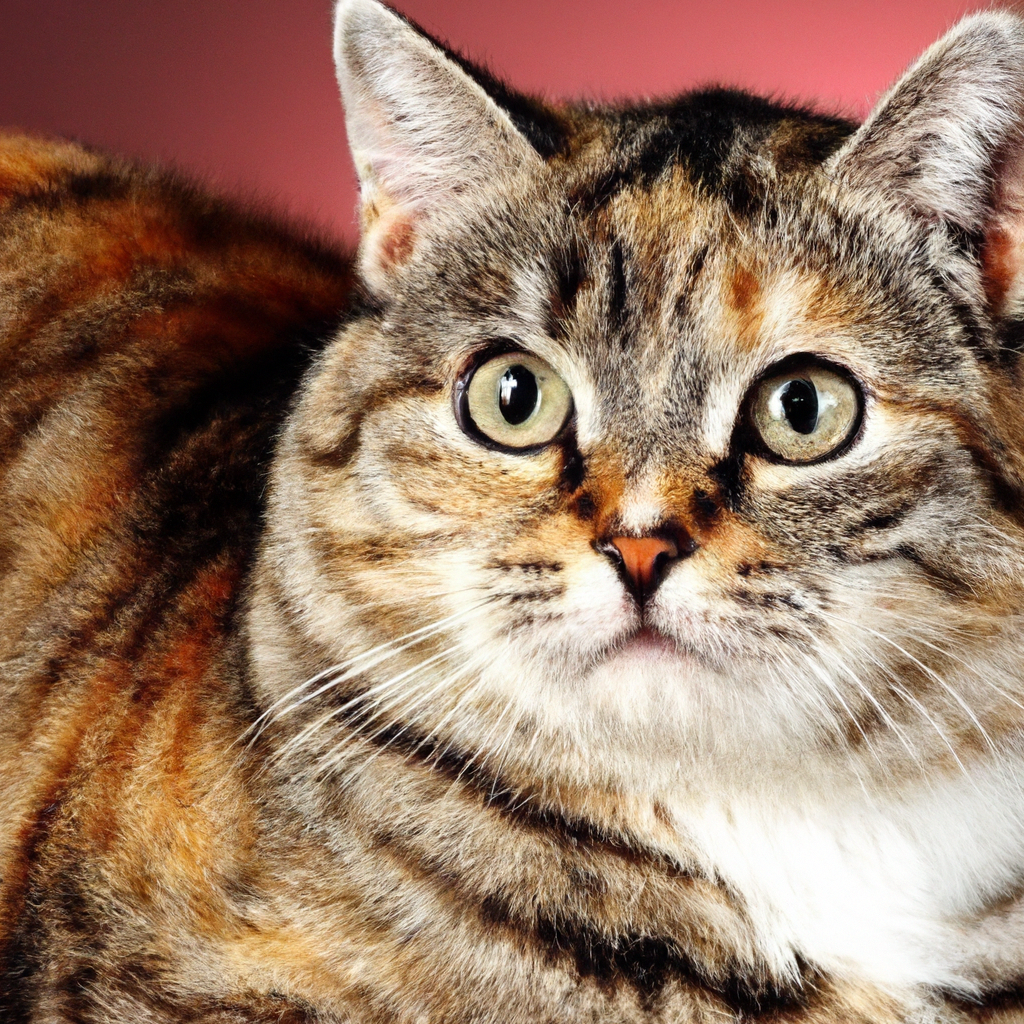
Conclusion
While fixing a cat can help reduce spraying behavior, it does not guarantee the complete elimination of the problem. Understanding the reasons behind spraying, providing a stimulating environment, reducing stress, and seeking professional help when needed are all essential steps in preventing and managing spraying behavior in fixed cats. By addressing the issue with patience, love, and proper care, you can create a harmonious environment where both you and your feline companion can coexist happily.

